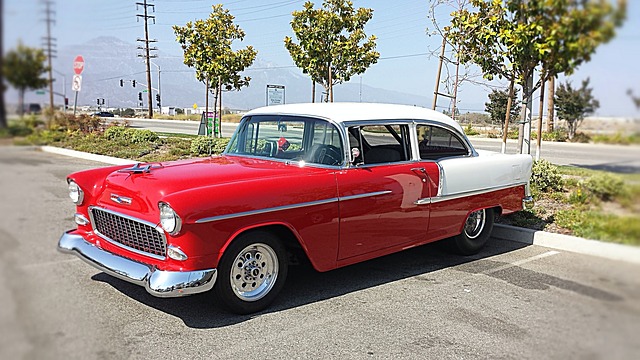Introduction
If you’ve noticed that your steering wheel isn’t straight while driving in a straight line, you may be wondering why this is happening. A misaligned steering wheel can be frustrating and potentially indicate an underlying issue with your vehicle’s alignment. In this article, we will explore some common reasons why your steering wheel may not be straight and what you can do to address the problem.
Wheel Alignment
Wheel alignment plays a crucial role in maintaining a straight steering wheel. When your vehicle’s wheels are properly aligned, they should be parallel to each other and perpendicular to the road surface. However, over time, factors such as hitting potholes, curbs, or even normal wear and tear can cause your wheels to become misaligned.
When the wheels are not aligned correctly, it can lead to an uneven distribution of weight on the tires, causing the vehicle to pull to one side. This pulling effect can result in your steering wheel being off-center. To fix this issue, you will need to have your wheels aligned by a professional mechanic. They will use specialized equipment to adjust the wheel angles and ensure proper alignment.
Tire Pressure
Another common reason for a misaligned steering wheel is improper tire pressure. When your tires are not inflated to the recommended pressure, it can affect the way your vehicle handles and cause the steering wheel to be off-center.
Low tire pressure can cause the tires to wear unevenly, leading to a pulling sensation while driving. On the other hand, overinflated tires can make the vehicle feel unstable and also contribute to uneven tire wear. It is important to regularly check and maintain the correct tire pressure as recommended by the vehicle manufacturer. This simple step can help ensure that your steering wheel remains straight while driving.
Suspension Issues
Issues with your vehicle’s suspension system can also result in a misaligned steering wheel. The suspension system is responsible for providing a smooth and comfortable ride by absorbing shocks and vibrations from the road.
If any components of the suspension system, such as the struts, shocks, or control arms, are worn or damaged, it can affect the alignment of the wheels and cause the steering wheel to be off-center. Additionally, worn suspension bushings or ball joints can contribute to an uneven steering wheel.
If you suspect that suspension issues are causing your steering wheel misalignment, it is important to have your vehicle inspected by a qualified mechanic. They will be able to identify any problems with the suspension system and recommend the necessary repairs or replacements.
Conclusion
A steering wheel that isn’t straight while driving in a straight line can be indicative of various underlying issues. It is essential to address this problem to ensure your vehicle’s safety and optimal performance. Common causes of a misaligned steering wheel include wheel alignment problems, improper tire pressure, and suspension issues. By regularly maintaining your vehicle’s alignment, tire pressure, and suspension system, you can help prevent steering wheel misalignment.
References
– National Highway Traffic Safety Administration: nhtsa.gov
– Bridgestone Tires: bridgestonetire.com
– Car and Driver: caranddriver.com












